IndyCar has been working with technology development company MAHLE to design the systems for its upcoming hybrid conversion, and now will look continue the final steps of that development in-house.
Work on the new hybrid system, which will be used to power the push-to-pass system on the cars starting in 2024, has successfully met a few key milestones in development.
Now that a few basics of the design have been ironed out, IndyCar will continue working in-house, alongside the expertise of Honda and Chevrolet, to bring the system into a final race-ready product that can be installed on all cars.
It is thought that early stages of the development of the hybrid systems hit a few snags in the past year, which was part of the reason the implementation was pushed back from its initial schedule.
“We are delighted to have supported the NTT IndyCar Series to develop the new push-to-pass hybrid system,” said MAHLE Powertrain Managing Director Hugh Blaxill.
“We’re particularly appreciative of the expertise and support we have received from IndyCar, HPD and Chevrolet during the system’s development, much of which took place during the significant global supply chain issues that demanded even closer collaboration between ourselves, the entire IndyCar team and our suppliers to help resolve.
“I would like to thank the MAHLE Powertrain team for their hard work and dedication to reaching this milestone, and we look forward to watching the hybrid system perform on track to deliver the exciting racing that IndyCar fans enjoy.”
The new hybrid system will use supercapacitors rather than batteries, which will cut down on the amount of weight added to the cars when it is implemented in 2024.
The design is reportedly compact enough to fit entirely between the 2.2-liter engine and the transmission, which is unique among other hybrid systems in the racing world.
“We appreciate the innovative solution initiated by MAHLE Powertrain and their hard work in the development of our new hybrid system,” said IndyCar President Jay Frye.
“We are also grateful for Chevrolet and HPD, as well as the IndyCar team, for their close collaboration in this important project and continued work as we proceed toward implementation for the 2024 NTT IndyCar Series season.”



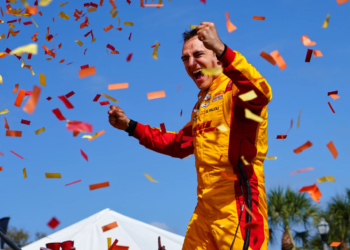
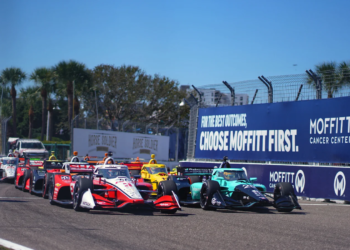
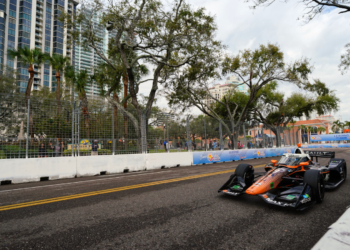
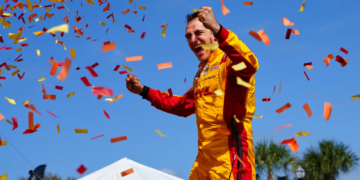
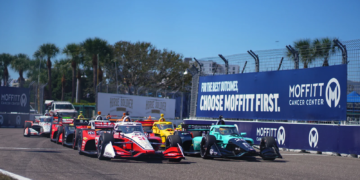
Discussion about this post